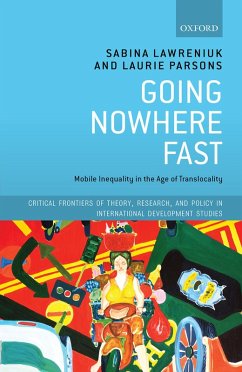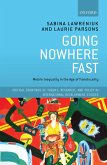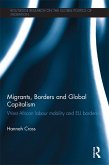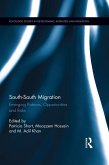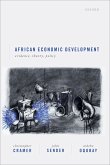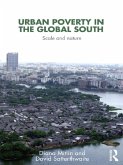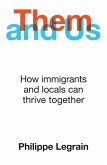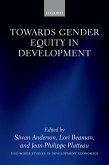Rising levels of global inequality and migrant flows are both critical global challenges. Set within the Southeast Asian nation of Cambodia, Going Nowhere Fast sets out to answer a question of global importance: how does inequality persist in our increasingly mobile world? Inequality is often referred to as the greatest threat to democracy, society, and economy, and yet opportunity has apparently never been more accessible. Long and short distance transport - from motorbikes to aeroplanes - are available to more people than ever before and telecommunications have transformed our lives, ushering in an era of translocality in which the behaviour of people and communities is influenced from hundreds or even thousands of miles apart. Yet amidst these complex flows of people, ideas, and capital, persistent inequality cuts a jarringly static figure. Going Nowhere Fast brings together a decade of research to examine this uneven development in Cambodia, making a case for inequality as a 'total social fact' rather than an economic phenomenon, in which stories, stigma, obligation and assets combine to lock social structures in place. Going Nowhere Fast: Inequality in the Age of Translocality speaks from an in-depth perspective to an issue of global relevance: how inequality persists in our hypermobile world. Focusing on pressing issues in Cambodia that resonate beyond, it investigates how human movement within and across the nation's borders are intertwined with societal threats and challenges, including of precarious labour and agricultural livelihoods; climate and environmental change; the phenomenon of land grabbing; and the rise of popular nationalism.
Dieser Download kann aus rechtlichen Gründen nur mit Rechnungsadresse in A, B, BG, CY, CZ, D, DK, EW, E, FIN, F, GR, HR, H, IRL, I, LT, L, LR, M, NL, PL, P, R, S, SLO, SK ausgeliefert werden.

